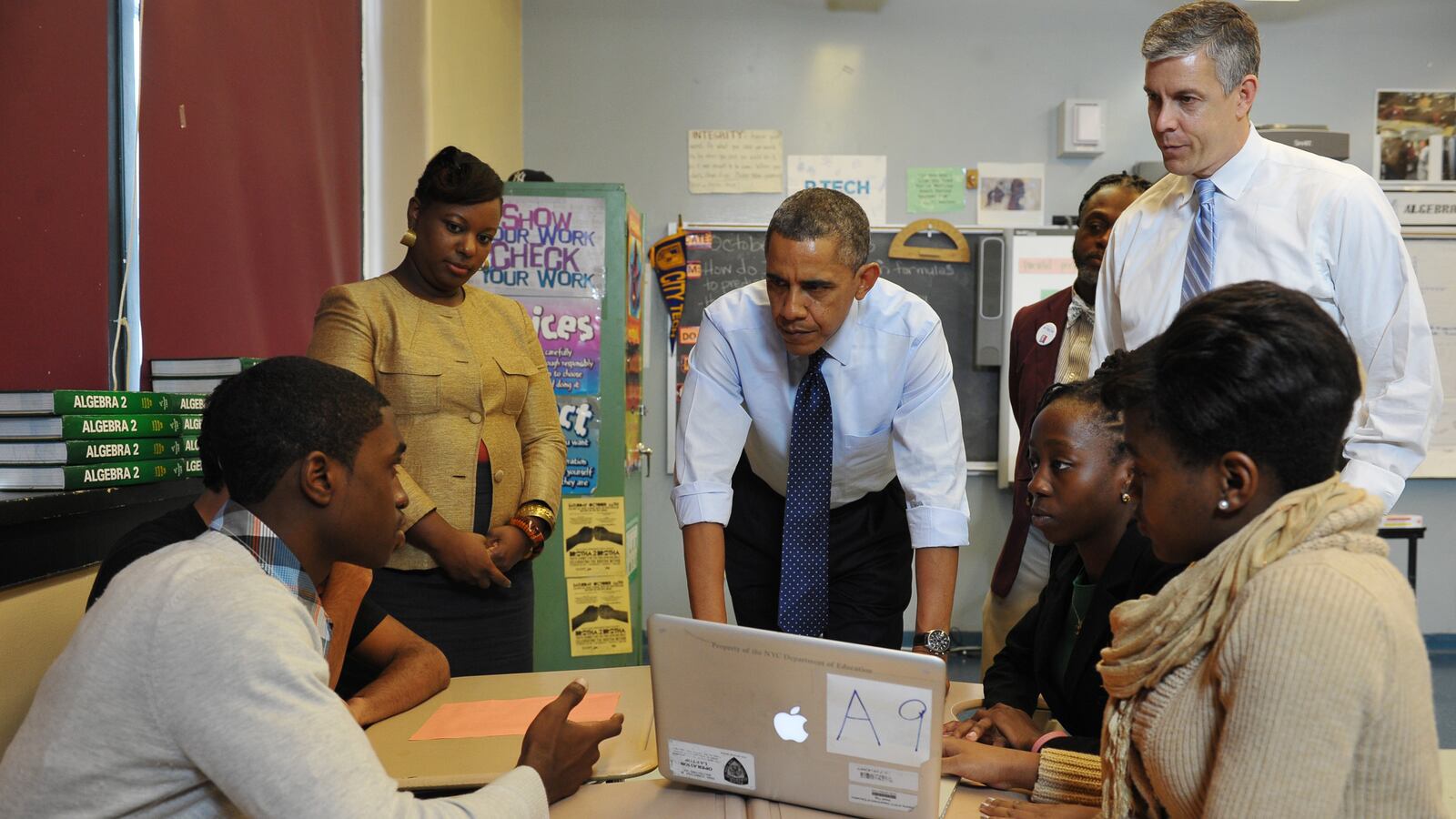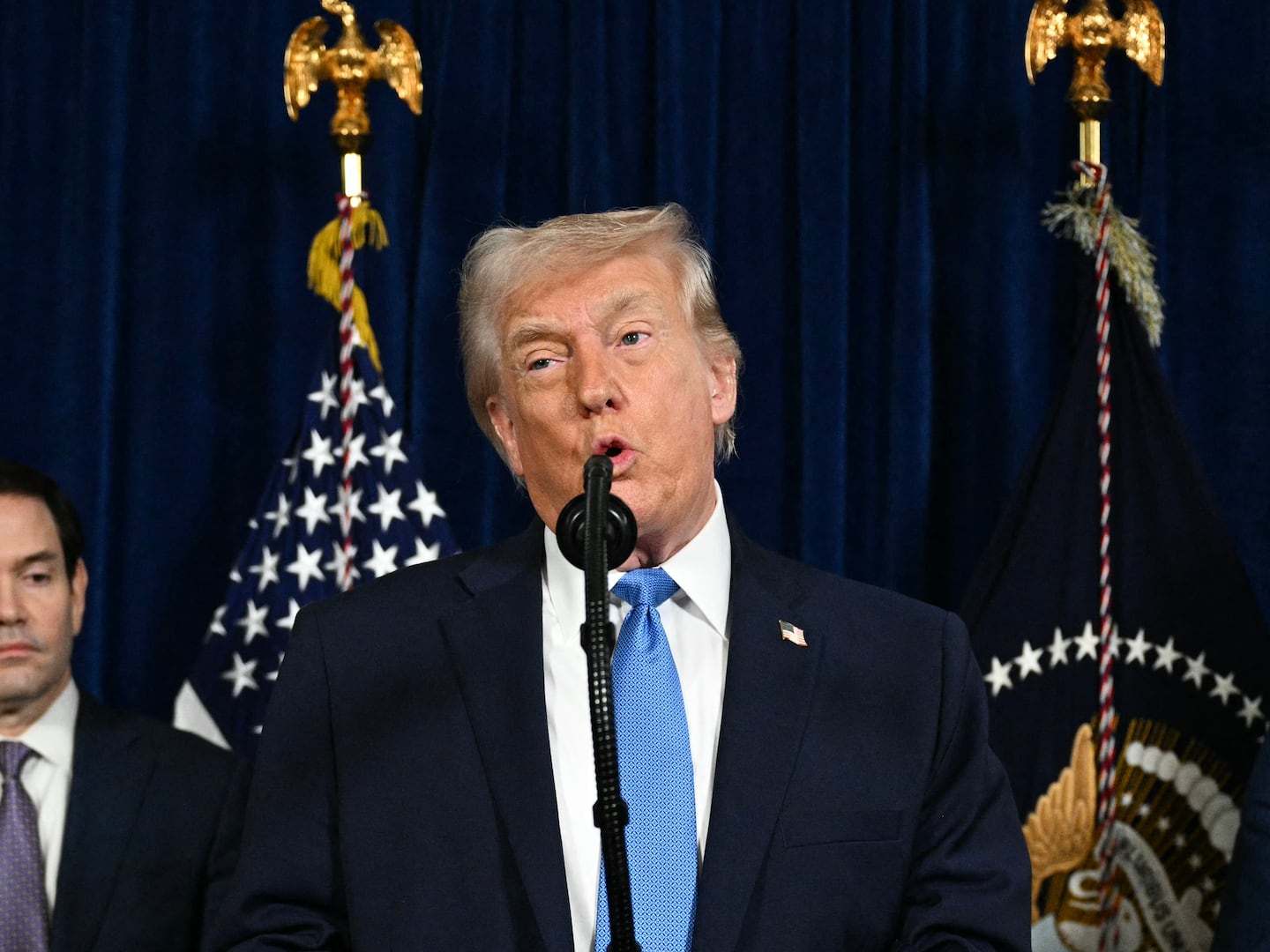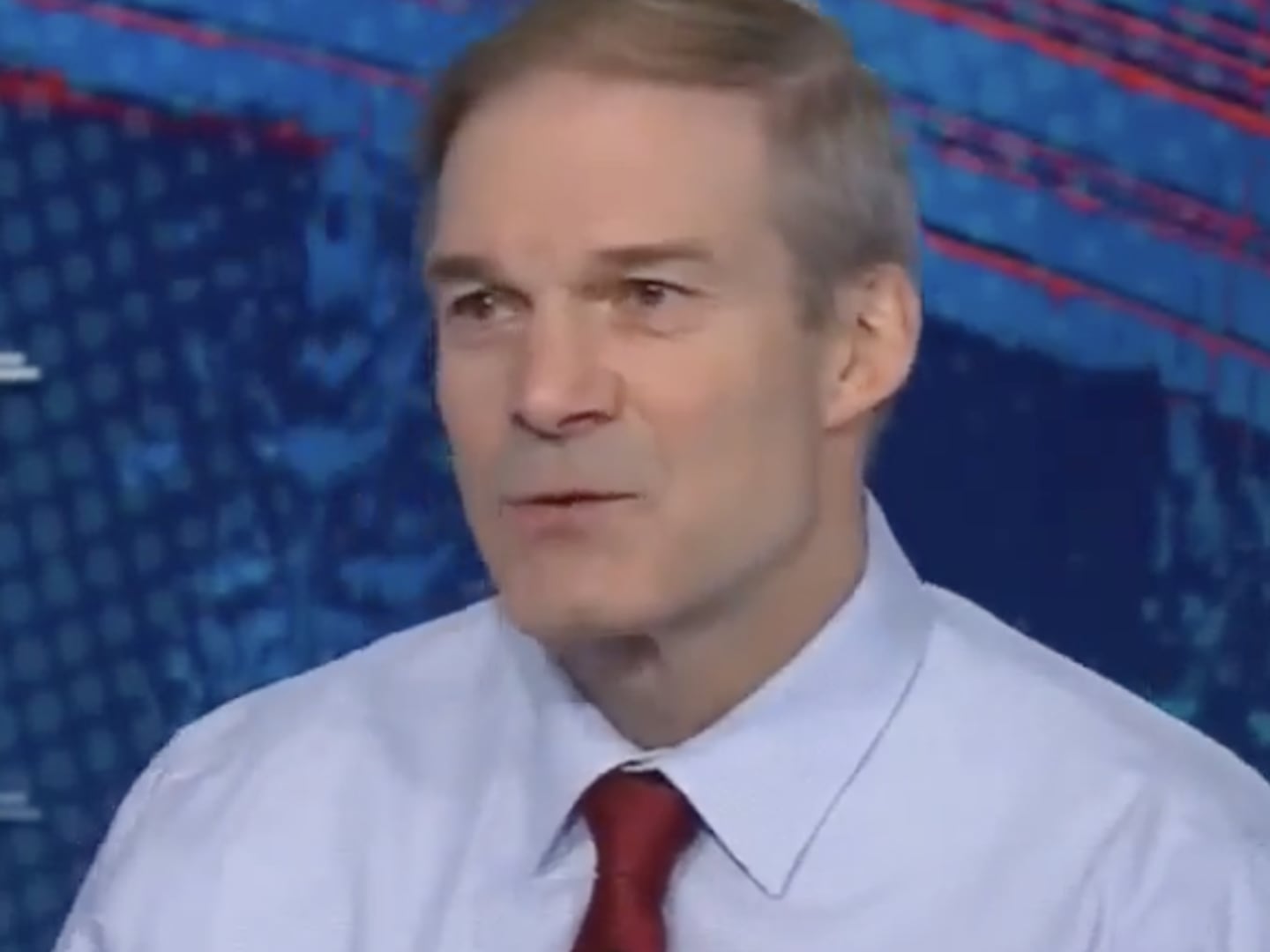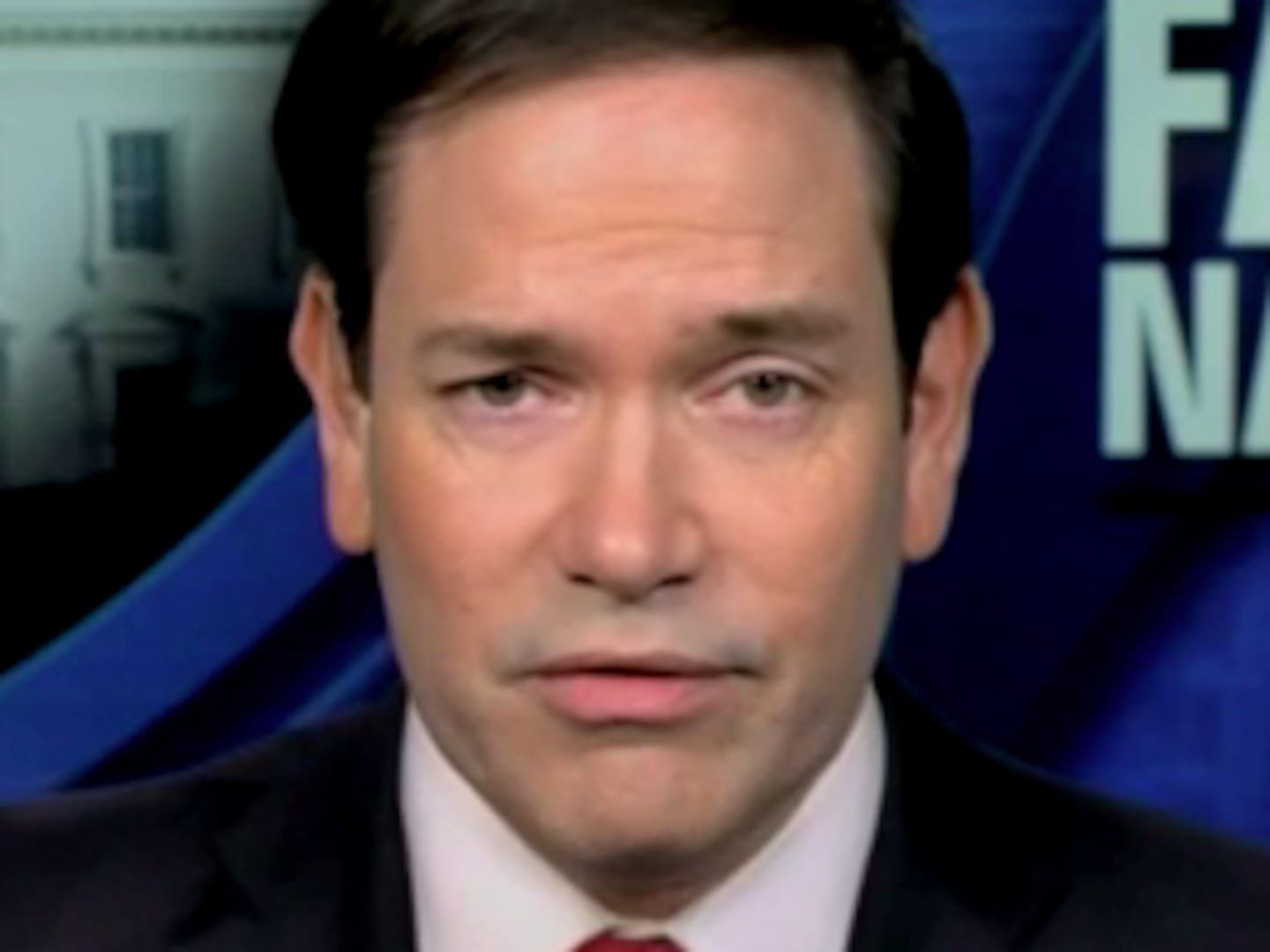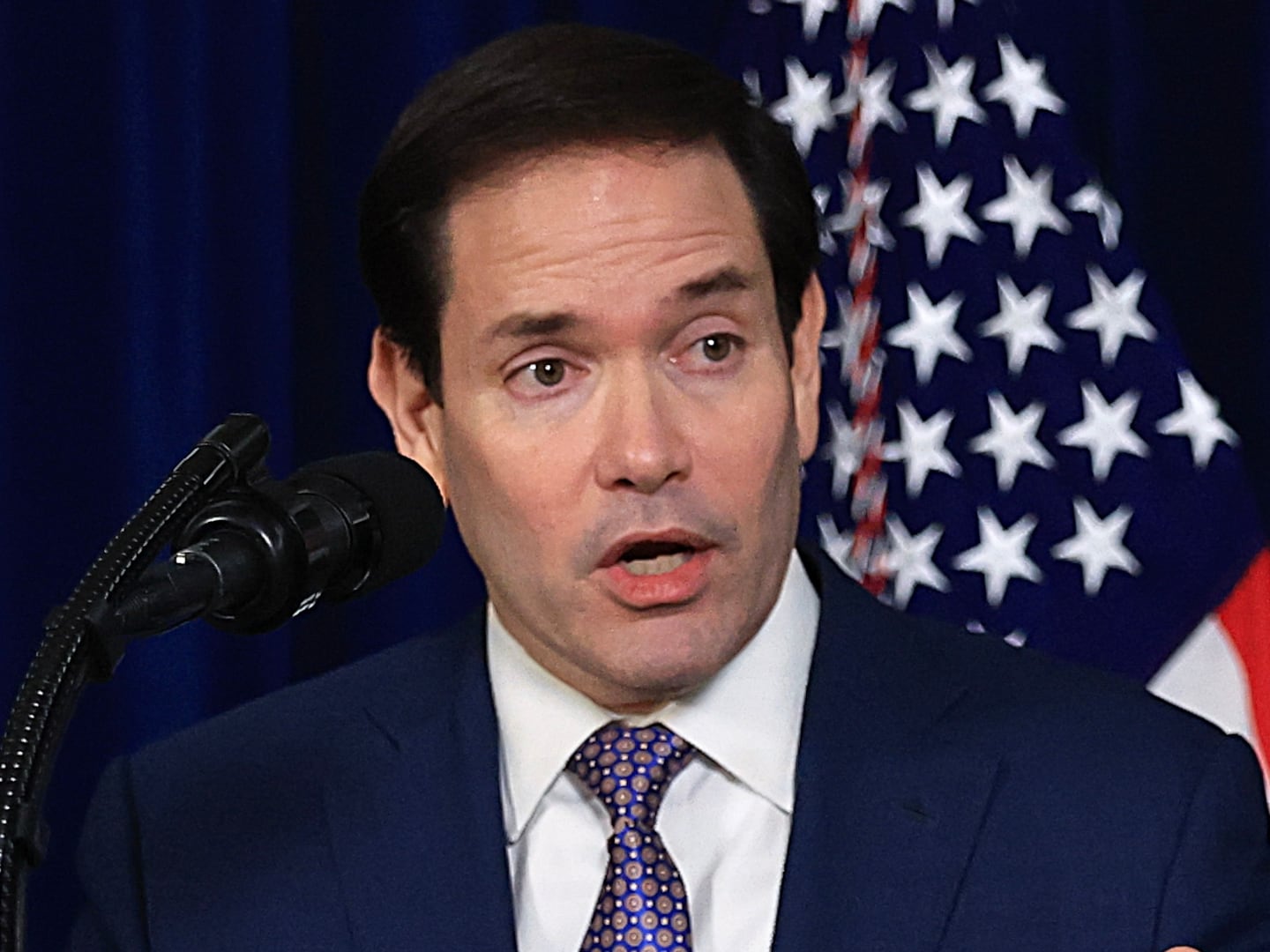Let's say a young, Black, male 6th grader made it all the way from his local elementary school on the far west side of Detroit to one of those really awesome science fairs the White House started putting on. He had invented a doodad that helped his elderly grandma in a nursing home down south more easily take 'selfies,' and share them with her family around the country. His school noticed, and the next thing you know, the kid's at the White House showing off this fascinating little invention.
Then, in 8th grade, because he had rock star teachers due in part to the administration's new teacher training standards,, he received stellar grades in algebra and geometry, bolstering his confidence that the tech field might really be for him.
After his 11th grade year, because of the President's My Brother’s Keeper program, this young man received a scholarship to attend a new science and technology summer camp. At the camp he connected with mentors at Facebook and Google, developing invaluable relationships and refining his burgeoning tech skills.
And because the administration had protected his Pell Grants, this kid—whose parents are by no means wealthy—could afford to head down south to Georgia Tech for college. He leveraged his earlier experience and knocked a Computer Science degree out of the park, graduating with high honors.
He decides that the major tech firms aren't for him: he can possibly do better financially, and do more good back in Detroit, by starting his own business, hiring some techie friends from his neighborhood, and bringing a new digital product to market. And he has just the idea: a radical new video service, the details of which he's smartly keeping under wraps.
There's just one problem: after months of design and testing—and a bit of angel funding from contacts he met along the way—the young man learns that to deliver his product to customers at fast speeds, and compete with the "big boys," the multi-billion dollar firms already in his field, he'll have to pay Comcast or Verizon an exorbitant fee. His video service uses a lot of bandwidth, and, years before, in 2014, The Federal Communications Commission began allowing cable companies to charge startups like his more for the bandwidth they use. The cable companies call it a "fast lane," but in reality it’s a barrier to entry that the kid's fledgling company just can't afford.
So it's off to an engineering job at big firm for this brilliant youngster, where he'll pour his ideas into an existing structure rather than creating something on his own—something that could have allowed his own family, and the community around him, to flourish.
That's what the debate over the FCC's proposed rules boils down to. Last week, the FCC announced that they would propose new rules to allow major companies like Netflix and Google to pay cable companies like Comcast and Verizon more for faster lanes of service to send video and other products to customers. By definition, that means that if you're a company that can't afford these "fast lanes," your service will be slower, less appealing to customers, and more likely to fail.
Over the last five years, the Obama administration has done a stellar job of investing in opportunity for our nation's young people, working at each stage of a child's development to ensure that kids have the ability to succeed and thrive. But—for at least the sizable segment of the next generation that desires to move into science, technology, engineering and math fields—these new FCC rules could waste a substantial portion of that investment, stifle innovation, and create a two-tiered opportunity structure with big companies on the top and future innovators left behind.
Let's hope the FCC doesn't continue down that dangerous road, and that Congress and the administration finds ways to preserve net neutrality. This debate is much bigger than the players on the field today—the cable companies and software firms and lobbyists spending millions on each side. It's about kids around the country who are putting the building blocks of their futures together right now; let's be sure to not get in their way.

